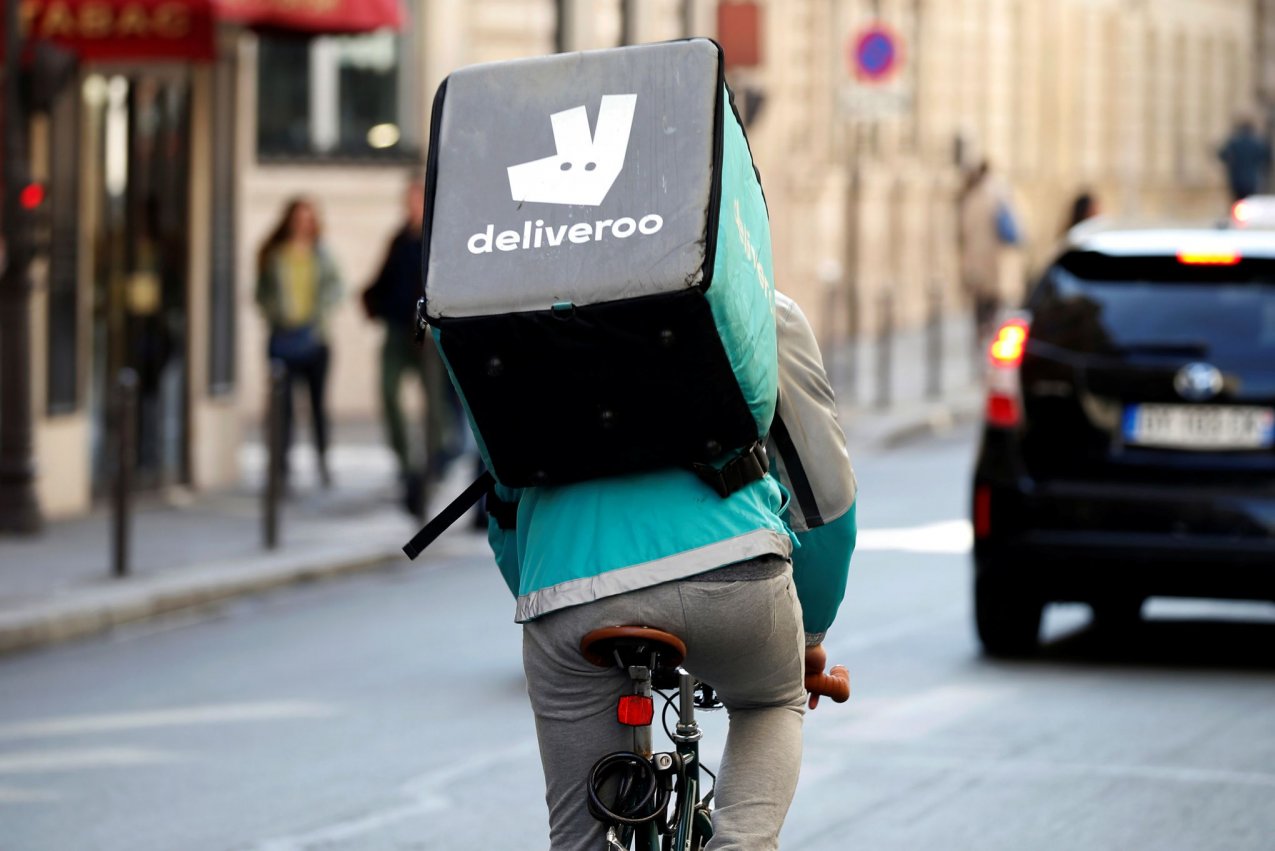Martin Schneider often got things done faster than a female colleague, Nicole Hallberg, who worked at the same small employment services agency. He figured this was because of his extra experience.
One day, however, a client suddenly began acting “impossible,” “rude” and “dismissive,” as Schneider recalled in a series of tweets.
He soon realized why. Schneider had inadvertently used Hallberg’s email signature in his messages to the client. (They used a shared inbox.) When he told the client he was actually Martin and not Nicole, there was “immediate improvement” in the exchange.
Intrigued, Schneider and Hallberg agreed to do an experiment in which they switched email signatures for two weeks. What happened? Hallberg had the “most productive week of her career.” Meanwhile, Schneider was in “hell” as clients condescended and questioned everything he suggested.
Summing up the lesson, Schneider tweeted: “I wasn’t any better at the job than she was, I just had this invisible advantage.”
So here's a little story of the time @nickyknacks taught me how impossible it is for professional women to get the respect they deserve:
— Martin R. Schneider (@SchneidRemarks) March 9, 2017
Sexism in the workplace
In many ways, the result of their experiment should not come as a surprise.
Sexism in the workplace is well documented in surveys and in academic literature. Recent reports of overt harassment in the private and public sectors confirm that it is alive and well. Further, the data show persistent gender gaps in pay, hiring and promotions across occupations and skill levels.
My own research looks at how the burgeoning gig economy — in which jobs are short-term or freelance rather than permanent — affects gender and other forms of labor discrimination. A study we recently conducted with colleagues at the Center for Distributive, Labor and Social Studies in Argentina suggests an increasingly freelance workforce may make the problem of male privilege even worse.
Maria and José
Discrimination in the labor market is notoriously difficult to study.
For decades, social scientists have tried to disentangle differences in ability, career preferences, attitudes towards risk and negotiation and other worker characteristics from true discrimination by employers. However, as economic transactions increasingly migrate to peer-to-peer platforms, this perspective misses an important piece of the discrimination puzzle: that of the interactions between gender of the employer and gender of the job seeker.
For example: Do gender stereotypes also put women at a disadvantage when they’re the ones doing the hiring? Are women less likely to negotiate salaries and promotions with a male employer?
To answer these questions, we designed the following experiment: We randomly selected and invited 2,800 freelancers on Nubelo, a large online platform for short-term job contracts based in Spain that’s now part of Freelancer.com, to apply for a job to transcribe and edit an hourlong marketing video.
Each invitation came from the same employer, a fictitious marketing services agency. Half of the freelancers (randomly selected) received the email from “Maria,” while the rest learned about the job opportunity from “José.” In addition, half of the invitations asked freelancers to name their price for the job, while the other half offered a flat pay of €250 (US$301).

Male privilege at work
The results confirmed our intuition: Male privilege not only hurts women when they’re looking for work, it also puts them at a disadvantage when they’re the ones doing the hiring.
In our study, José was able to solicit significantly lower rates from prospective job candidates than Maria, even though the work was identical. Candidates offered to do the job for an average of €124 when José sent the invitation, while they demanded €158 from Maria (or about 27 percent more for the same exact job).
When we control for differences in the characteristics of the job seekers, such as experience and reputation on the site, the female employer penalty remains essentially unchanged. More interestingly, this result obtained for both male and female job seekers.
Were women less willing to negotiate with José or Maria? Not in our study. In fact we found no statistically significant differences in negotiation preferences across our four employer-freelancer combinations. Female freelancers were just as likely as men to respond to our email when it invited them to name their price, and it made no difference whether the email came from Maria or José.
In other words, as long as the rules of the game are clearly laid out (that freelancers should name their price), female job applicants were willing to bargain as much as male applicants, and the gender of the other party (the employer) did not seem to affect this result.

Rise of the gig economy
An increasing number of people make a living in the gig economy. In a 2016 poll, 24 percent of Americans reported earning money from gig economy platforms, and the majority said that this income is important or essential to make ends meet. In this context, what are the implications of our findings?
Some claim the rise of “alternative work” arrangements could offer opportunities for women to close the remaining labor market gaps. Our results suggest a more uncertain future. On the one hand, they indicate that women may gain from workplace environments in which the rules of bargaining are unambiguous, as studies show that men often have the upper hand when the rules are less clear.
On the other, our results suggest that the gig economy could potentially exacerbate gender discrimination. In the hypercompetitive, fast-paced world of online labor, hiring and wages are determined on the basis of little verifiable information about each individual worker. These conditions favor the activation of stereotypes about “appropriate” jobs for women, their productivity and their willingness to bargain. Further, as traditional worker-employer relations are replaced by peer-to-peer transactions on a global scale, the application of anti-discrimination labor law becomes challenging.
As we look at the impact of technology on the future of work, there are some reasons for optimism but plenty for concern. The truth is, while technology extends our capabilities as human beings, it can not, unfortunately, eliminate our biases and prejudices.
